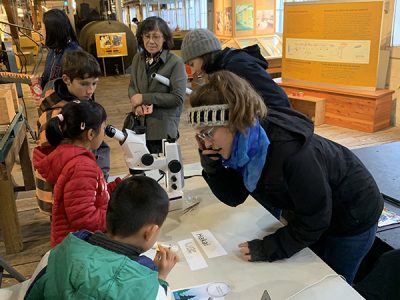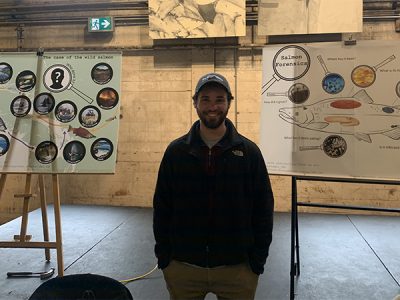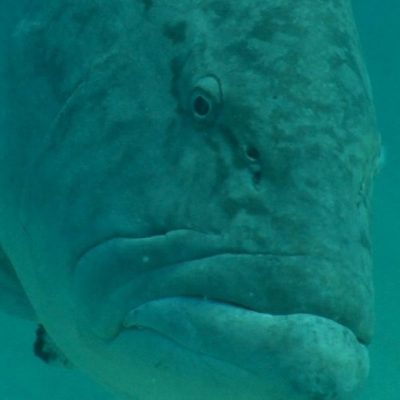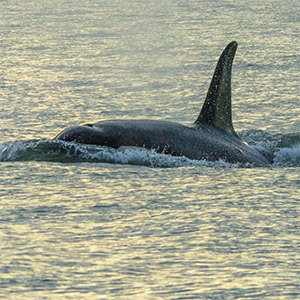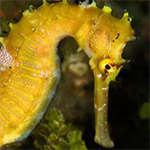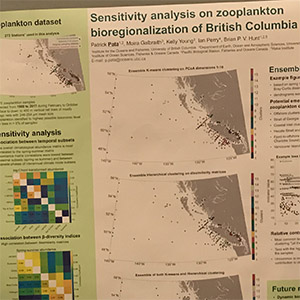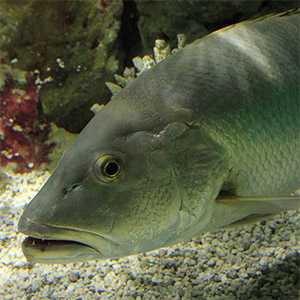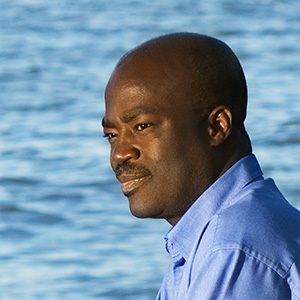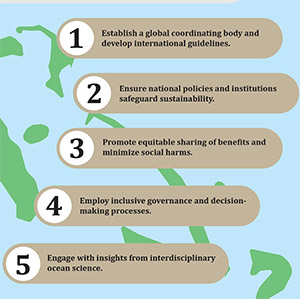Fladmark demo
Researcher Vanessa Fladmark demonstrates salmon science to youngsters at Salmon Science Expo. Photo: Brian Hunt
Jacob Lerner at Salmon Science Expo
Researcher Jacob Lerner at Salmon Science Expo. Photo: Brian Hunt
Figuring out total human impact on biodiversity
A new methodology for documenting the cumulative human impacts on biodiversity, dubbed EPOCH – for Evaluation of Population Change – was developed by scientists from Europe, Asia, and North America.
Aerial drones offer new perspective on resident killer whale behaviour
Scientists got a rare glimpse into the underwater behaviour of killer whales off the B.C. coast, with the help of aerial drones.
FCRR – The catch and trade of seahorses in the Philippines post-CITES
This Fisheries Centre Research Report was produced by Project Seahorse and the Zoological Society of London-Philippines, and carried out in collaboration with the Philippines Bureau of Fisheries and Aquatic Resources
Ph.D. student Patrick Pata wins at PICES
He won best poster for his poster entitled “Sensitivity analysis on zooplankton bioregionalization of British Columbia.”
Theory explains biological reasons that force fish to move poleward as climate change heats up the ocean
Gill-Oxygen Limitation Theory, known as GOLT, explains the biological reasons that force fish to move poleward when the waters heat-up due to climate change
IUCN SSC Seahorse, Pipefish and Seadragon Specialist Group wins award
This specialist group is chaired by chaired by Dr. Amanda Vincent
Co-creating a shared vision for Canada’s oceans
Dr. Rashid Sumaila recognized the need to understand and address the threats facing Canada’s Arctic, Atlantic and Pacific oceans and coastal regions and to develop a shared vision for their future
Achieving a safe and just future for the ocean economy
With economic potential of the oceans expected to double to US$3 trillion by 2030, growth should be effectively managed so that it is sustainable and equitable.
